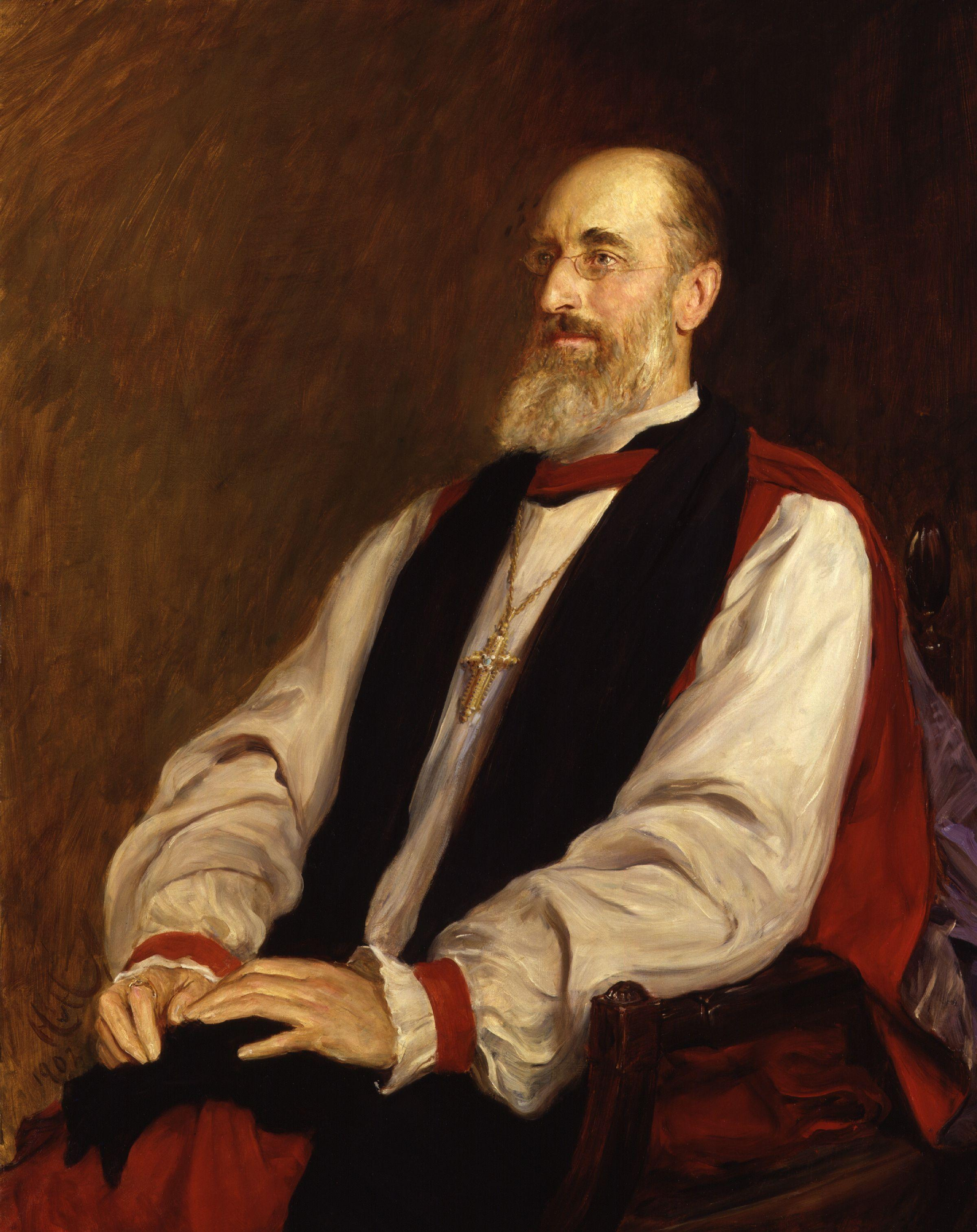Mandell Creighton
 Mandell Creighton (; 5 July 1843 – 14 January 1901) was a British historian, Anglican priest and bishop. The son of a successful cabinet-maker in north-west England, Creighton studied at the University of Oxford, focusing his scholarship on the Renaissance Papacy, and then became a don in 1866. He was appointed the first occupant of the Dixie Chair of Ecclesiastical History at the University of Cambridge in 1884. The following year, he also was engaged as the founding editor of ''The English Historical Review'', the first English-language academic journal in its field. In these posts, he helped to establish history as an independent academic discipline in England.
Mandell Creighton (; 5 July 1843 – 14 January 1901) was a British historian, Anglican priest and bishop. The son of a successful cabinet-maker in north-west England, Creighton studied at the University of Oxford, focusing his scholarship on the Renaissance Papacy, and then became a don in 1866. He was appointed the first occupant of the Dixie Chair of Ecclesiastical History at the University of Cambridge in 1884. The following year, he also was engaged as the founding editor of ''The English Historical Review'', the first English-language academic journal in its field. In these posts, he helped to establish history as an independent academic discipline in England.In addition to his work as a historian, Creighton had a career in the clergy of the Church of England from the mid-1870s until his death. He served as a parish priest in Embleton, Northumberland, and later, successively, as a canon residentiary of Worcester Cathedral (1885), Bishop of Peterborough (1891) and Bishop of London (1897). His moderation and practicality drew praise from Queen Victoria and won notice from politicians. In later years, he was appointed to various positions of trust, including the Privy Council, and it was widely thought that he would have become Archbishop of Canterbury had his death, at the age of 57, not supervened.
As a historian, Creighton's ''magnum opus'' was ''A History of the Papacy during the Period of the Reformation'', published in five volumes between 1882 and 1894. His historical work received mixed reviews. He was praised for scrupulous even-handedness, but criticised for not taking a stand against historical excesses. He was firm in asserting that public figures should be judged for their public acts, not private ones. He believed that the Church of England was uniquely shaped by its particular English circumstances, and he saw it as the soul of the nation.
Creighton was married to the author and future women's suffrage activist Louise Creighton, and the couple had seven children. Provided by Wikipedia
1
